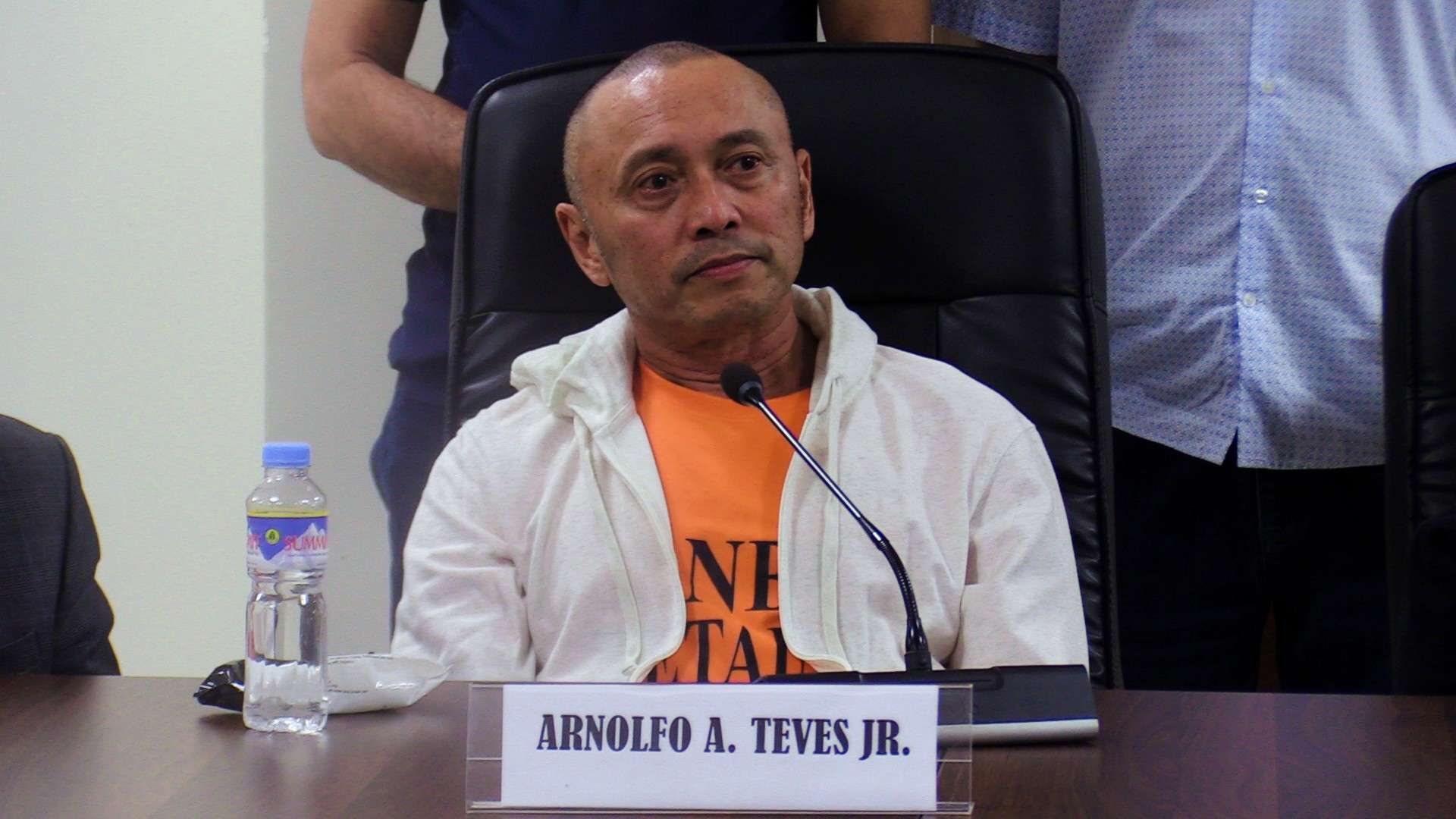Arnolfo Teves Jr. rushed to hospital for severe stomach pain

Detained former lawmaker Arnolfo Teves Jr. was rushed to a government hospital on Tuesday morning, June 17, 2025, due to severe stomach pain, his lawyer and the Bureau of Jail Management and Penology (BJMP) confirmed.
According to his legal counsel, Ferdinand Topacio, Teves had been complaining of intense abdominal pain since midnight. While a jail nurse administered first aid and medication around 5 a.m., his condition did not improve. A BJMP doctor subsequently recommended his immediate transfer for further medical intervention.
Topacio claimed that the BJMP initially refused to bring Teves to the hospital due to “protocol,” despite his client “buckling over due to pain” and “practically on his knees” requesting medical attention. The lawyer stated it was only upon his insistence after arriving at Camp Bagong Diwa around 7 a.m. that Teves was transported, by which time the pain had “become aggravated.”
The BJMP, in its statement, confirmed Teves was rushed to a government hospital around 6 a.m. and that initial symptoms were observed about an hour later. They added that as a high-profile person deprived of liberty (PDL), security measures were significantly heightened, and coordination with relevant security forces was made to ensure safety. As of 9 a.m., Teves remained in an emergency room ward, undergoing evaluation and treatment.
Teves is currently facing charges for the murder of Negros Oriental Gov. Roel Degamo and several others in an attack in March 2023. These cases are pending before Manila RTC Branch 51. The killings occurred months after Degamo was declared winner of a disputed vote, unseating Henry Teves, the former lawmaker’s brother.
Arnolfo Teves Jr. was expelled from the House of Representatives after refusing to return to the Philippines to face the murder charges. He was detained in Dili, Timor-Leste, last year, and after an initial court decision blocked his extradition, he was abruptly deported in late May, with Timor-Leste citing his continued presence as a security risk.




